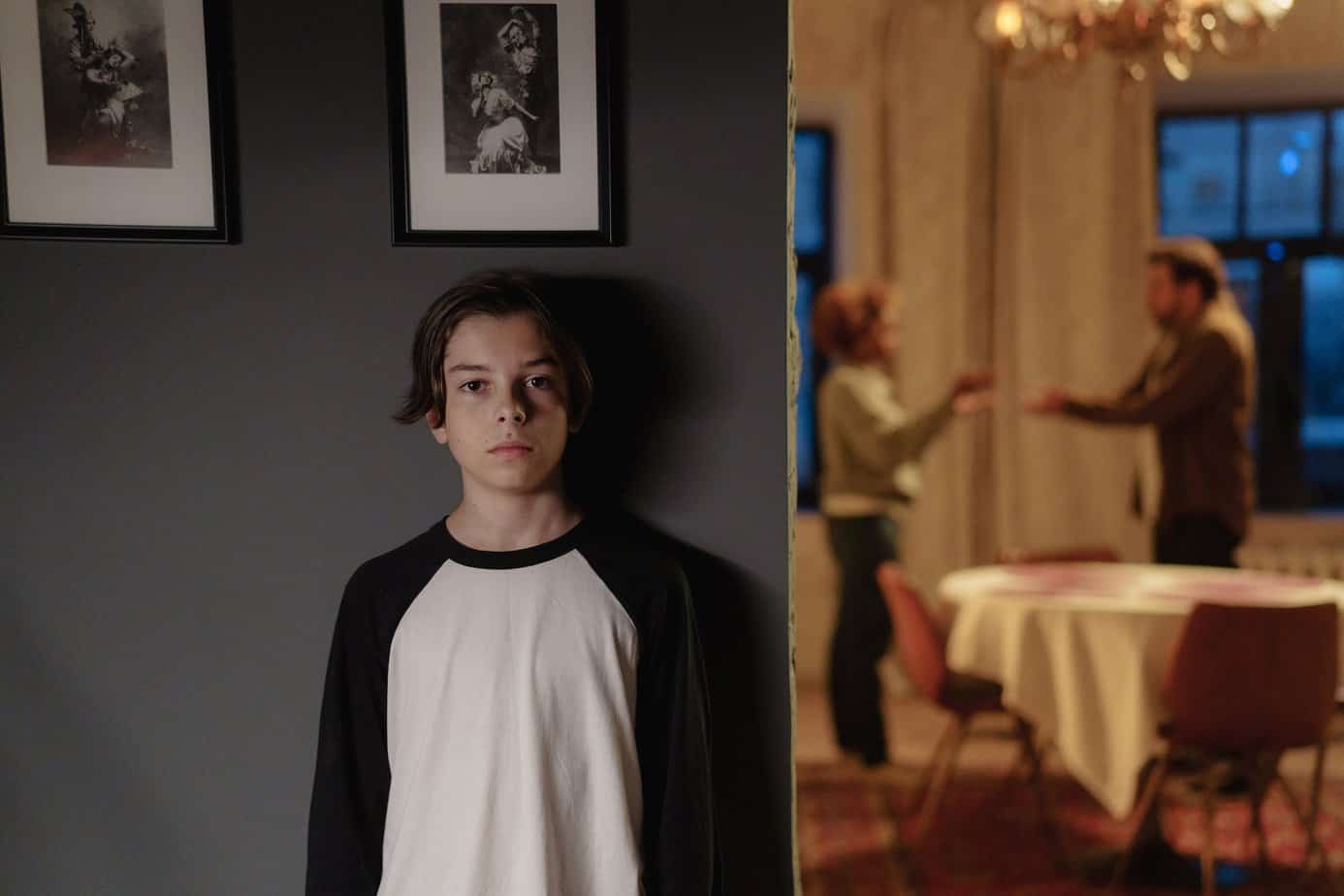AD | Affiliate Links
Family dysfunction is one in which conflict, opposition and/or abuse occurs on an ongoing and consistent basis and can include domestic violence. This behaviour becomes so much a part of regular daily life that enabling and co-dependency becomes a secondary issue. Enabling and co-dependence are when individuals reinforce dysfunctional patterns and destructive behaviors.
Contents
What is the cycle of family dysfunction?
Family dysfunction is a complex and multi-faceted issue that affects many families around the world. It can take many different forms, but at its core, family dysfunction is a cycle of negative behaviors and patterns that are repeated from one generation to the next. This cycle can be difficult to break, but it is possible with the help of therapy, self-reflection, a lot of hard work and a willingness to change.

The cycle of family dysfunction typically starts with some form of trauma or abuse, such as physical abuse or emotional abuse, neglect, alcohol abuse or drug abuse. This trauma can cause children to develop unhealthy coping mechanisms, such as substance use disorder, self-harm, or disordered eating. These behaviors can lead to further dysfunction within the family, including more abuse, neglect, and dysfunction.
What effect do dysfunctional families have on children?
Over time, the cycle of dysfunction becomes ingrained in the family system, making it difficult to break. Children who grow up in dysfunctional families may struggle with low self-esteem, anxiety, depression, and other mental health issues as a result of their upbringing. However, with the right support and resources, it is possible to break the cycle of dysfunction and create a healthier, more positive family dynamic. This may involve seeking therapy, setting boundaries, and learning healthy communication skills. By doing so, families can break free from the cycle of dysfunction and create a brighter future for themselves and future generations.
Children suffer as a result of being brought up in a dysfunctional environment, and they will likely continue the pattern with their own families, affecting generational dysfunction cycles. It becomes a difficult cycle of dysfunction to break, as conveyed in the inspirational and educational poem, “Children Learn What They Live.” What can we do to break the vicious cycle?

Breaking the cycle of family dysfunction
Although one of the most difficult things to do, breaking the cycle of family dysfunctional behavior and patterns is probably the healthiest and most rewarding you could ever do for yourself and your family. The first step, you have to recognize the situation for what it is, as well as muster up the determination and will to change it. When you truly recognize the critical importance, only then will you be ready to take on the challenge. Realize that it will not be easy; you will find yourself up against many obstacles and roadblocks along the way. You will undoubtedly encounter setbacks, doubt and conflict throughout your journey. You may even second-guess your decisions from time to time.
The dysfunction you were exposed to did not manifest itself overnight; it grew over the course of time. It could stem from childhood trauma, and family relationships and can cause low self-esteem. It may have years to build that wall, and it will take some time to tear it down. Denial is seemingly the easiest and most comfortable route to take. You must, however, resist the temptation to surrender and leave things as they are, sweeping them under the rug…..again.
The type of family dysfunction you experienced, coupled with your specific role in it, will determine the path you take toward healing. Keep in mind that everyone is different. Both the method and timeframe involved in the healing process for you may vary drastically from someone else’s. Be patient with yourself and get comfortable with taking baby steps. There may be repressive memories involved, or you may have intentionally blocked out particular events in order to cope and survive. How and if these issues will be handled should be on a very individual basis.

The steps in the healing process
- Take control and decide to not be a victim; it is a choice. You do not need to continue the generational cycles of toxic behavior. Now is the time to stand up to the family traits, and possible mental illness within your own family and look to see how you can change things for both yourself and your own children.
- Don’t do what is comfortable; do what is right. Expressing your feelings may be difficult, but it is a necessary part of the healing process. Meeting your emotional needs is not always an easy choice, you can have a hard time speaking up but it is something that will lead you down the path of being a cycle breaker.
- Don’t go it alone! Seek professional counselling services consisting of individual and/or group therapy. Whether you are looking to understand the personality disorders you are exposed to with your family. Or looking to deal with post-traumatic stress disorder from coming from a dysfunctional household.
- Educate yourself on this topic and gain an understanding of what you are up against. You will also learn helpful coping mechanisms. The most powerful tool you can arm yourself with when looking to break the repetitive cycle of generational abuse, destructive patterns and unhealthy relationships is knowledge. Learning about dysfunctional traits and allowing you to set healthy boundaries will be the best thing to enable you to move forward with your life.
- Depend on the support from close and trusted friends. Having a history of trauma and abuse from your childhood can have an impact on your own personal relationship with friends and family. Adverse childhood experiences and children of alcoholics are often used to taking care of their own needs and find it difficult to lean on others for support. But as your attempt to break negative cycles, you will need a support group and support system around you.
- Document your progress along the way in the form of a diary, for example. Expressive writing is very therapeutic, and you will be able to look back and see how far you have come in your journey toward recovery. Overcoming generational trauma is not an overnight fix, and will be a long process to overcome family problems, poor communication and any other form of family dysfunction. A great way to see how far you have come is to document your feelings, the next steps you want to make, and how you wish to overcome your low self-worth and personal problems that have arisen. Overcoming dysfunctional personal behavior, substance abuse and possible mental health conditions by journalling the things you may not wish to voice aloud to others or do not feel ready to share.

The results of breaking the cycle
You cannot underestimate the difference breaking the cycle of dysfunctional family members will make for you, your children and your grandchildren. You can experience absolute victory knowing that you will have made a great difference for the next generation to come. Creating a new family culture and emotional responses to situations, making a conscious effort to make things different from the cycles you have lived through. The positive changes of healing from dysfunctional family patterns can have long-last results that are well worth all of the effort you will put forth toward breaking the cycle.













